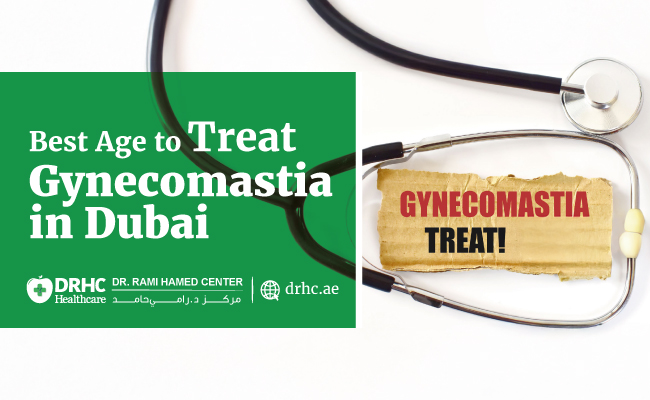You may be about to consider a hernia surgery and have questions in mind. This list of answers aims at giving you a better understanding of your hernia case and what to expect after Hernia Repair Surgery. please do not hesitate to call us if you require an answer beyond the listed Q&A.

1. What is Hernia Repair?
It's the procedure of closure of weak spots or defects in the abdominal wall.
2. If I have a Hernia can I wait?
Yes, but surgeons highly recommend surgery to prevent possible serious future complications such as Incarceration(strangulation), which can be a very serious medical condition.
3. Is Hernia a serious condition?
No, if it is asymptomatic, but it may grow and become more painful and your bowel could become trapped in the abdominal wall leading to an emergency case.
4. Which type of Hernia is more severe?
There are many types of Hernia. The most common ones are Inguinal, Incisional, Femoral (outer groin especially in women), Umbilical (belly button), and Hiatal(diaphragm). If any of the above hernias become trapped then it becomes a severe case regardless of the location.![hernia-types-[Converted]-1](https://blog.drhc.ae/hs-fs/hubfs/hernia-types-%5BConverted%5D-1.png?width=1631&name=hernia-types-%5BConverted%5D-1.png)
.jpg?width=869&name=Untitled-1%20(1).jpg)
5. What is Hernia repair with mesh?
It's the closure of the defect in the abdominal wall with the additional support of the damaged or weak tissue through a medical device called mesh (loosely woven sheet created from both inorganic & biological materials). This mesh allows a tension-free repair with no complications.
6. Do we always need a mesh in Hernia repair?
No, Nevertheless depending on the age, weight, work, and activities. It cares for the stability of the abdominal wall.
7. Types of mesh in Hernia Repair
- Absorbable and Non Absorbable: permanent or Combined
- Synthetic Mesh ( woven or non-woven sheets)
- Polypropylene
- Coated or Composite mesh can be set in contact with the intestine
8. Can the mesh be removed later?
Depending on the material if it is absorbable or non-absorbable. If not absorbable it can be removed but with a higher rate of complications such as bleeding or injuries to neighboring structures.
9. Can the body tolerate mesh?
Yes, but in very rare cases a mesh can trigger the body’s immune response causing rejection of the foreign body. Patients will have symptoms such as bloating, fever, vomiting, nausea, and noticeable lump with tenderness.
10. How long does hernia surgery take?
It depends on the procedure.
- A Unilateral Open Hernia Repair takes almost 60 minutes.
- A Unilateral Laparoscopic Hernia Repair takes about 60 minutes.
- A Bilateral Laparoscopic Hernia Repair takes about 60-90 minutes.
11. How long do I have to stay in the hospital?
In general, Hernia repair is a one-day surgical procedure, nevertheless, in some cases, a patient may stay in the hospital overnight depending on age and other diseases he might have.
12. Can we eat and drink after Hernia surgery?
You can eat and drink your normal diet, just avoid alcohol especially if you are on painkillers.
13. Can we do some activities after Hernia surgery?
Depending on the procedure. If it's Laparoscopic then there is fast recovery. You may return to work after 3-5 days. If it's Open Surgery you may need 7-10 days. But in general light activities after 3 weeks of Laparoscopic surgery and 6-8 weeks after Open surgery, I would suggest.
14. Can we avoid the recurrence of Hernia?
There are many factors that affect the recurrence of hernia after surgery such as collagen defects of the connective tissue, faults in operative technique, and postoperative infection.
15. Are there any complications in Laparoscopic Hernia Surgery?
Complications are rare. but possible complications are:
- Seroma, hematoma
- Urinary retention
- Wound Infection
- Testicular pain and swelling
- Injuries to bowel
16. Is the procedure covered by insurance companies?
Most Insurance companies cover hernia surgery especially if there is a medical indication.
17. What kind of Anesthesia is required?
An open Hernia Surgery may be done under general, regional(spine), or local anesthesia. However, Laparoscopic Hernia Repair always requires general anesthesia.
18. Does a second opinion feel reasonable for an elective surgical procedure?
A second opinion is always reasonable for non-emergency cases. The patient has always the right to ask about the advantages and disadvantages of the procedure, which method is suitable, and even the experience of the surgeon.
19. How about sexual life after hernia surgery?
It has a positive effect when the patient has no more discomfort from the bulging of the Hernia. In rare cases after the surgery, the patient may get sexual dysfunction for a short period of time because of pain but there are no medical or physical restrictions on sexual activities after surgery
20. Pregnancy and Hernia.
An asymptomatic Hernia during pregnancy may be postponed after delivery. Otherwise, if it is an emergency condition the surgery should be done.
Read also:
- Possible complications after Laparoscopic Hernia Repair
- What is better: Open or Laparoscopic Hernia Surgery?
- Latest techniques for Laparoscopic Hernia Repair.
- Experience and Vision of Laparoscopic Hernia Repair
- Laparoscopic Hernia Repair: How is it done?
- Recovery after Laparoscopic Hernia Repair
- Best practices in Hernia Repair Surgery




.jpg)

.webp)



Leave a comment